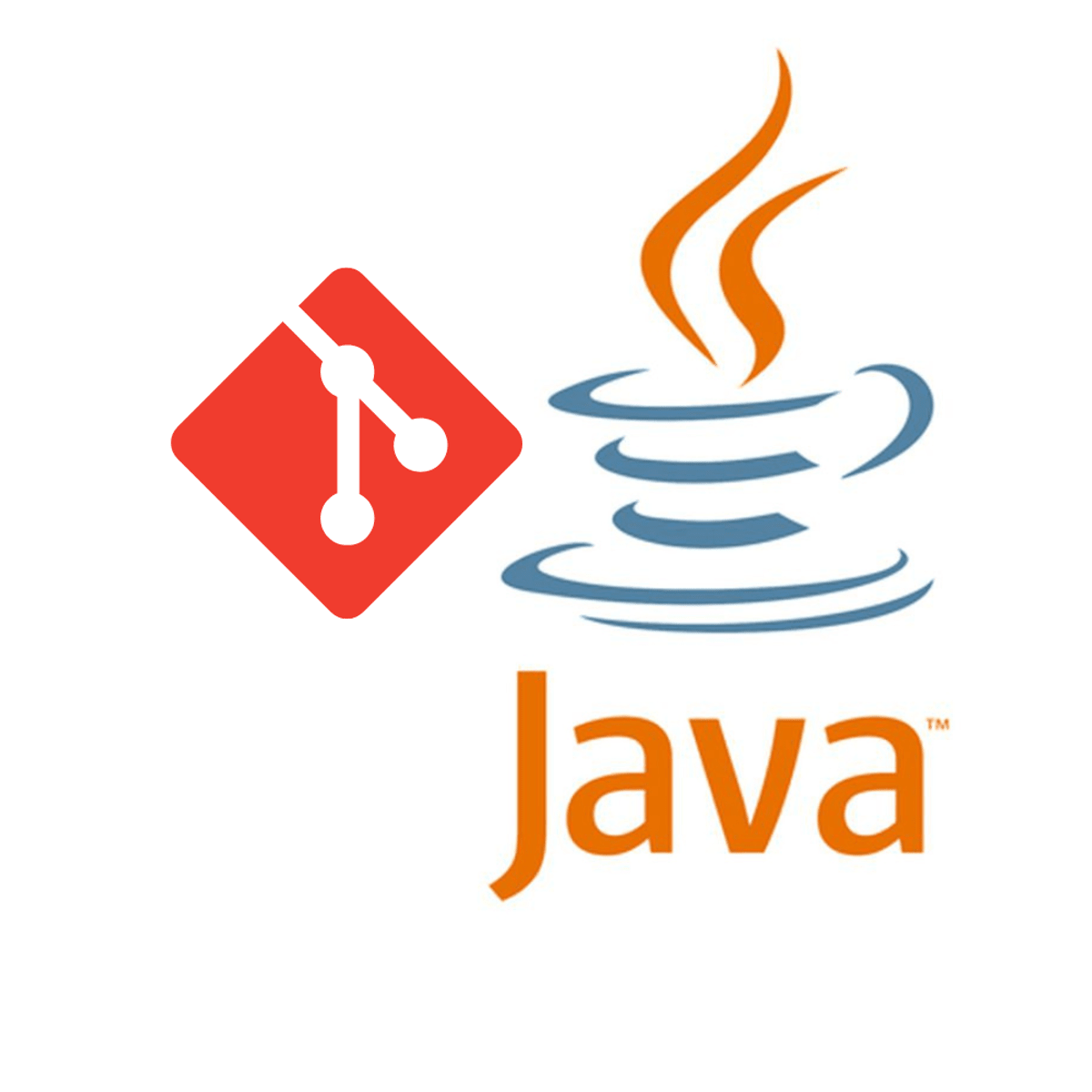
This Guided project "Version Control in Java: Update Your App with Git" is for Java developers trying to efficiently track and handle changes in their projects. In this 2-hour long project-based course, you will learn how to:
* Create and manage repository for Java applications using Git Version Control
* Utilize Git CLI commands to manage changes in project files and resolve merge conflicts
* Set up and use main Git workflows in repositories
Read more
This Guided project "Version Control in Java: Update Your App with Git" is for Java developers trying to efficiently track and handle changes in their projects. In this 2-hour long project-based course, you will learn how to:
* Create and manage repository for Java applications using Git Version Control
* Utilize Git CLI commands to manage changes in project files and resolve merge conflicts
* Set up and use main Git workflows in repositories
This Guided project "Version Control in Java: Update Your App with Git" is for Java developers trying to efficiently track and handle changes in their projects. In this 2-hour long project-based course, you will learn how to:
* Create and manage repository for Java applications using Git Version Control
* Utilize Git CLI commands to manage changes in project files and resolve merge conflicts
* Set up and use main Git workflows in repositories
To achieve this we will work through a sample Java project, make changes to it and work on various change management and tracking scenarios that could happen during software development lifecycle.
This project is unique as it combines all main Git commands and workflows in a single practical exercise for Java developers. It also gives developer an opportunity to apply learned skills on individual exercises and capstone project
What's inside
Syllabus
Good to know
Save this course
Activities
Seek Mentorship from Experienced Git Developers
Show steps
Expand your knowledge and skills by seeking guidance from experienced Git developers.
Show steps
-
Identify potential mentors within the Java development community.
-
Reach out and inquire about mentorship opportunities.
-
Discuss your learning goals and areas where you seek guidance.
-
Attend mentorship sessions and actively participate in discussions.
-
Apply mentor's insights and advice to enhance your Git proficiency.
Follow Git Tutorials
Show steps
Solidify your understanding of Git commands and workflows by following guided tutorials.
Show steps
-
Explore online resources and identify tutorials covering various aspects of Git.
-
Follow step-by-step instructions provided in the tutorials.
-
Practice the commands and techniques demonstrated in the tutorials.
Peer Collaboration
Show steps
Collaborate with peers to reinforce your understanding of Git concepts and techniques.
Show steps
-
Form study groups or connect with classmates online.
-
Discuss Git commands, workflows, and best practices.
-
Troubleshoot problems and share knowledge with your peers.
One other activity
Expand to see all activities and additional details
Show all four activities
Mentor Junior Developers in Git
Show steps
Sharpen your Git skills and enhance your communication abilities by mentoring junior developers.
Show steps
-
Identify opportunities to mentor junior developers in Java development and Git.
-
Provide guidance on Git commands, workflows, and best practices.
-
Answer questions and troubleshoot problems to support their learning.
-
Reflect on your mentoring experiences and identify areas for improvement.
Seek Mentorship from Experienced Git Developers
Show steps
Expand your knowledge and skills by seeking guidance from experienced Git developers.
Show steps
- Identify potential mentors within the Java development community.
- Reach out and inquire about mentorship opportunities.
- Discuss your learning goals and areas where you seek guidance.
- Attend mentorship sessions and actively participate in discussions.
- Apply mentor's insights and advice to enhance your Git proficiency.
Follow Git Tutorials
Show steps
Solidify your understanding of Git commands and workflows by following guided tutorials.
Show steps
- Explore online resources and identify tutorials covering various aspects of Git.
- Follow step-by-step instructions provided in the tutorials.
- Practice the commands and techniques demonstrated in the tutorials.
Peer Collaboration
Show steps
Collaborate with peers to reinforce your understanding of Git concepts and techniques.
Show steps
- Form study groups or connect with classmates online.
- Discuss Git commands, workflows, and best practices.
- Troubleshoot problems and share knowledge with your peers.
Mentor Junior Developers in Git
Show steps
Sharpen your Git skills and enhance your communication abilities by mentoring junior developers.
Show steps
- Identify opportunities to mentor junior developers in Java development and Git.
- Provide guidance on Git commands, workflows, and best practices.
- Answer questions and troubleshoot problems to support their learning.
- Reflect on your mentoring experiences and identify areas for improvement.
Career center
Version Control Engineer
Java Developer
Software Engineer
DevOps Engineer
Software Development Manager
Product Manager
Systems Analyst
Data Scientist
Data Analyst
Business Analyst
Project Manager
Quality Assurance Engineer
Technical Writer
Computer Science Teacher
Software Architect
Reading list
Share
Similar courses
OpenCourser helps millions of learners each year. People visit us to learn workspace skills, ace their exams, and nurture their curiosity.
Our extensive catalog contains over 50,000 courses and twice as many books. Browse by search, by topic, or even by career interests. We'll match you to the right resources quickly.
Find this site helpful? Tell a friend about us.
We're supported by our community of learners. When you purchase or subscribe to courses and programs or purchase books, we may earn a commission from our partners.
Your purchases help us maintain our catalog and keep our servers humming without ads.
Thank you for supporting OpenCourser.



